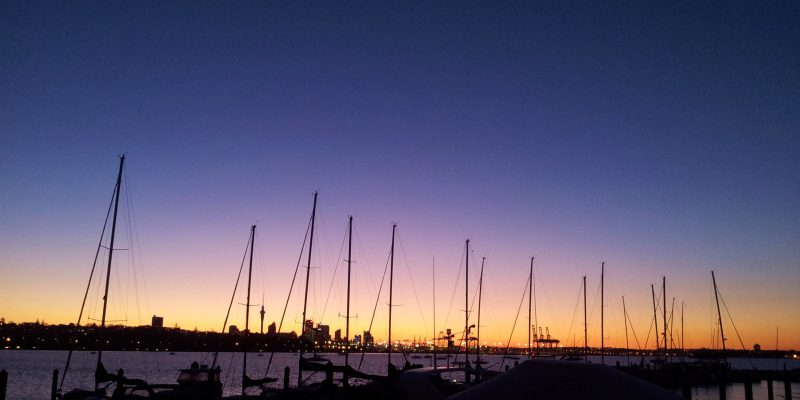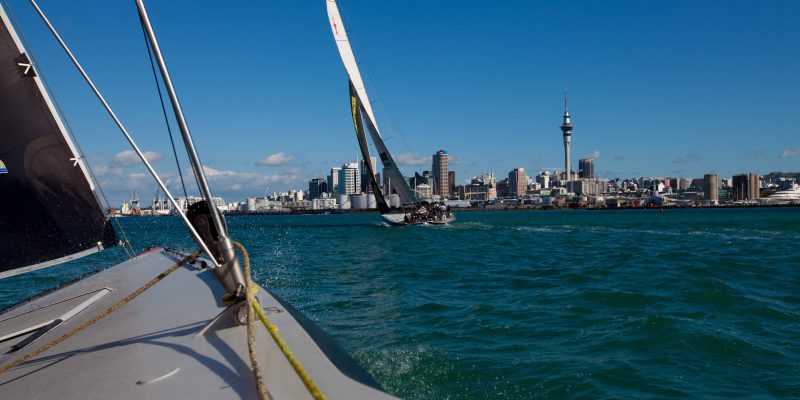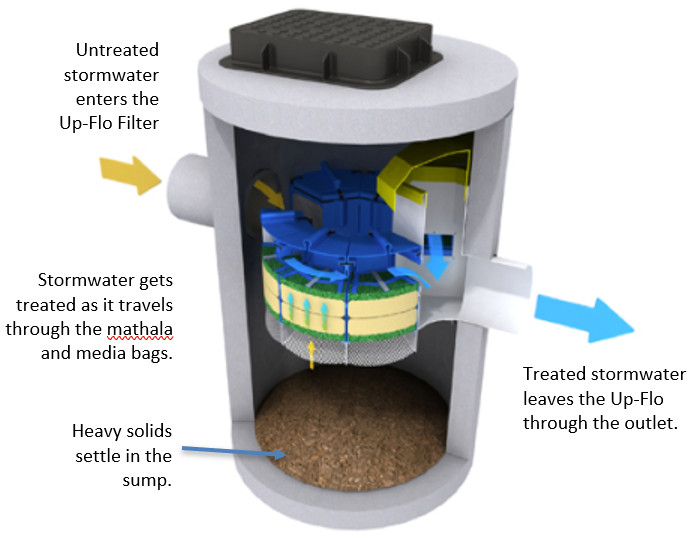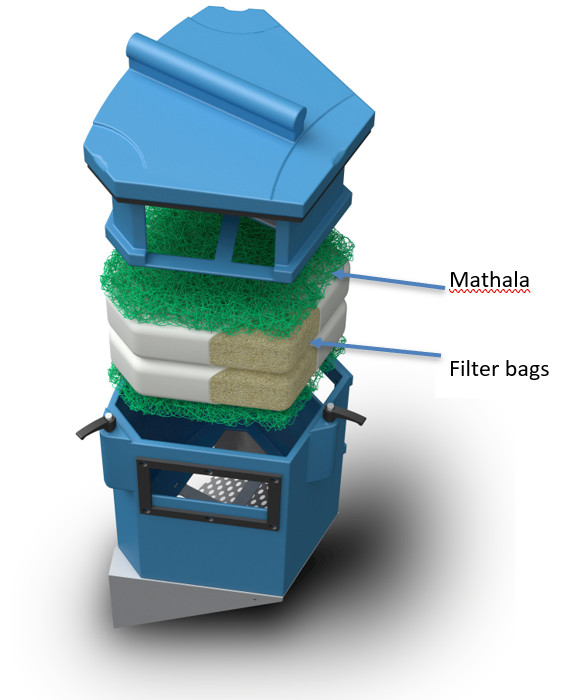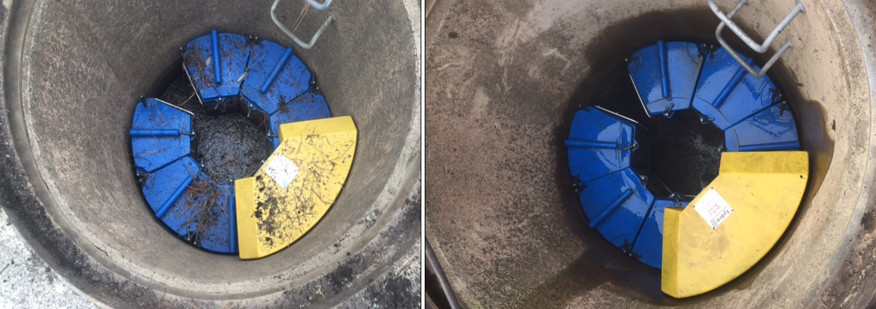With a hot Auckland this summer, the city has broken its water consumption record twice since the start of February. Aucklanders are being urged to cut their shower times and areas in Northland have outdoor water bans in place. On Saturday, it was 40 consecutive days since the region had rainfall, which means the Auckland region broke a record for the longest dry spell, according to NIWA forecasters.
So, what has this got to do with storm water maintenance?
During dry spells, stormwater systems can be far from top of mind, and yet stormwater filters are faithfully collecting litter, and lead particles are creating a layer on city roads from exhausts and lead, copper and zinc particles are gathering in our atmosphere and layering roofs and roads through dry deposition.
Many activities in urban areas emit metal contaminated particles into the atmosphere. The first rainfall will wash lead and other pollutants from roads and carparks into the city’s stormwater system. Rain will wash** suspended pollutants from the atmosphere to join those already flowing toward the sea.
The first big rainfall of autumn is critical to manage well
A large rainfall after a dry summer means that pollutant levels in storm water systems will be higher than normal – and the ‘first flush’ of the water moving through the storm water filters will have the most! It is thought that 40 – 50% of contaminants can be mobilized in the first 20% of the increased flow after a storm or heavy rainfall in an urban area.***
This is why it is crucial that storm water filters are well maintained during summer and ready to work hard… rather than being jammed with litter and in need of maintenance.
The removal of contaminants before they can enter a watercourse is an ideal intervention, protecting both freshwater environments and the marine eco-system. For example, Auckland Transport removes over 6,400 tonnes of sediment from its roads per year!****
Auckland’s industry and population have a high impact on freshwater quality
Tom Porter from the Auckland Council explains that although the Auckland region covers less than 2% of New Zealand, it contains over a third of the population, and is growing fast. This places severe pressures on freshwater quality in the Auckland area, especially regarding to sediment, metals and other contaminants. (MFE, 2017b).
Auckland is also adjacent to the ocean on both sides!
We believe this means that we have an additional duty to manage our stormwater systems exceptionally well!
We’d love to help you ensure that your stormwater filters are ready and primed for our city’s first big rainfall, and the winter that will follow!
Contact us for a free quote today – 09 974 9888
* Dry deposition is the process where atmospheric particles, and any contaminants associated with them, settle via gravity or are deposited by wind onto the surfaces of roofs, buildings or the ground.
** Wet deposition is how atmospheric particles and soluble trace gases are removed from the atmosphere by dissolution and incorporated into water droplets, either in clouds or falling raindrops.
*** Park et al. 2010.
**** Auckland Transport unpublished briefing, 2018.

